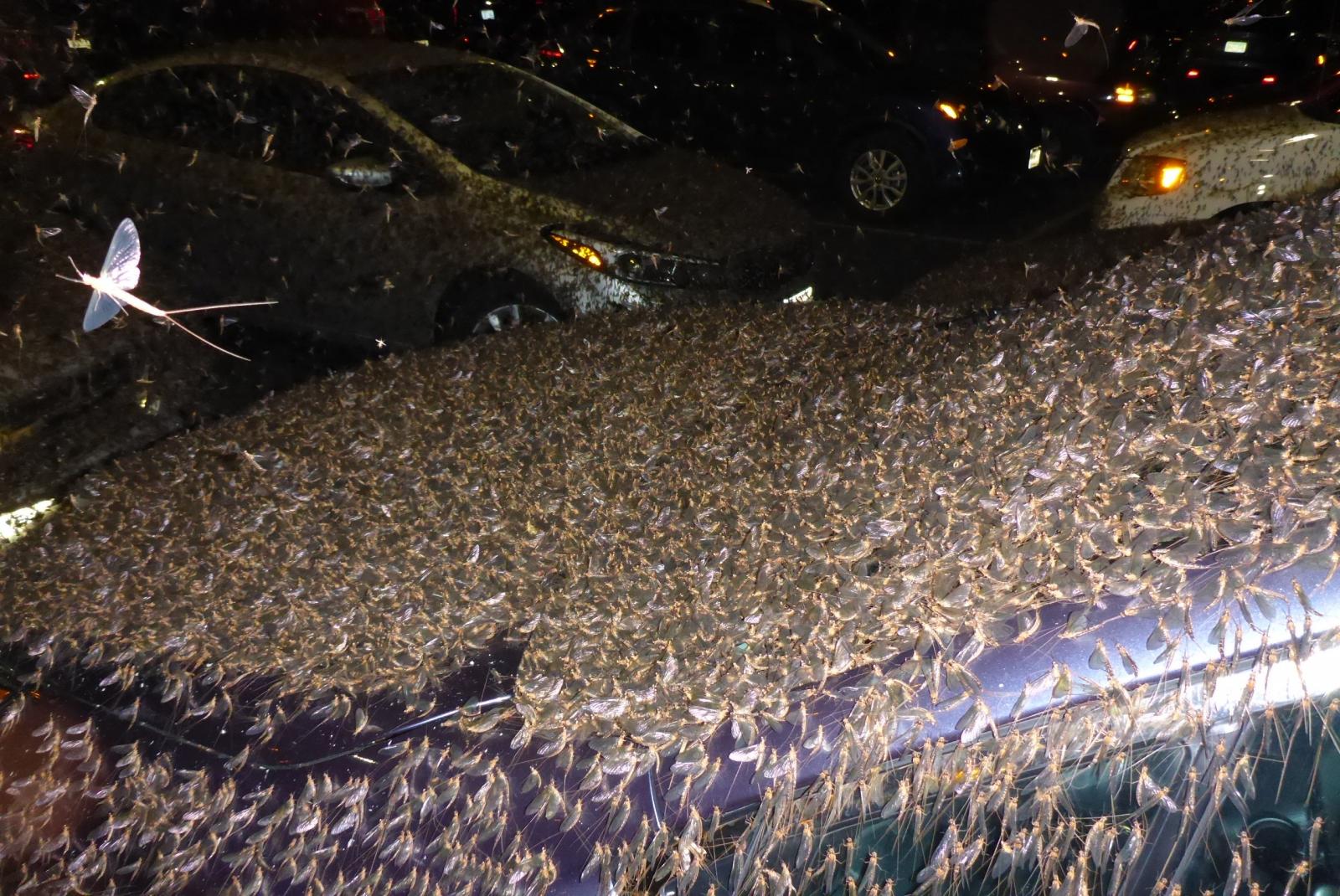- Joined
- Jun 18, 2011
- Messages
- 6,479
- Reaction score
- 392
An article worth reading.
insect apocalypse by Dave Goulson
The majority of conservation efforts and public attention are focused on large, charismatic mammals and birds such as tigers, pandas and penguins, yet the bulk of animal life, whether measured by biomass, numerical abundance or numbers of species, consists of invertebrates such as insects. Arguably, these innumerable little creatures are far more important for the functioning of ecosystems than their furry or feathered brethren, but until recently we had few long-term data on their population trends. Recent studies from Germany and Puerto Rico suggest that insects may be in a state of catastrophic population collapse: the German data describe a 76% decline in biomass over 26 years, while the Puerto Rican study estimates a decline of between 75% and 98% over 35 years. Corroborative evidence, for example from butterfl ies in Europe and California (which both show slightly less dramatic reductions in abundance), suggest that these declines are not isolated. The causes are much debated, but almost certainly include habitat loss, chronic exposure to pesticides, and climate change. The consequences are clear; insects are integral to every terrestrial food web, being food for numerous birds, bats, reptiles, amphibians and fi sh, and performing vital roles such as pollination, pest control and nutrient recycling. Terrestrial and freshwater ecosystems will collapse without insects. These studies are a warning that we may have failed to appreciate the full scale and pace of environmental degradation caused by human activities in the Anthropocene.
insect apocalypse by Dave Goulson
The majority of conservation efforts and public attention are focused on large, charismatic mammals and birds such as tigers, pandas and penguins, yet the bulk of animal life, whether measured by biomass, numerical abundance or numbers of species, consists of invertebrates such as insects. Arguably, these innumerable little creatures are far more important for the functioning of ecosystems than their furry or feathered brethren, but until recently we had few long-term data on their population trends. Recent studies from Germany and Puerto Rico suggest that insects may be in a state of catastrophic population collapse: the German data describe a 76% decline in biomass over 26 years, while the Puerto Rican study estimates a decline of between 75% and 98% over 35 years. Corroborative evidence, for example from butterfl ies in Europe and California (which both show slightly less dramatic reductions in abundance), suggest that these declines are not isolated. The causes are much debated, but almost certainly include habitat loss, chronic exposure to pesticides, and climate change. The consequences are clear; insects are integral to every terrestrial food web, being food for numerous birds, bats, reptiles, amphibians and fi sh, and performing vital roles such as pollination, pest control and nutrient recycling. Terrestrial and freshwater ecosystems will collapse without insects. These studies are a warning that we may have failed to appreciate the full scale and pace of environmental degradation caused by human activities in the Anthropocene.
Last edited:




